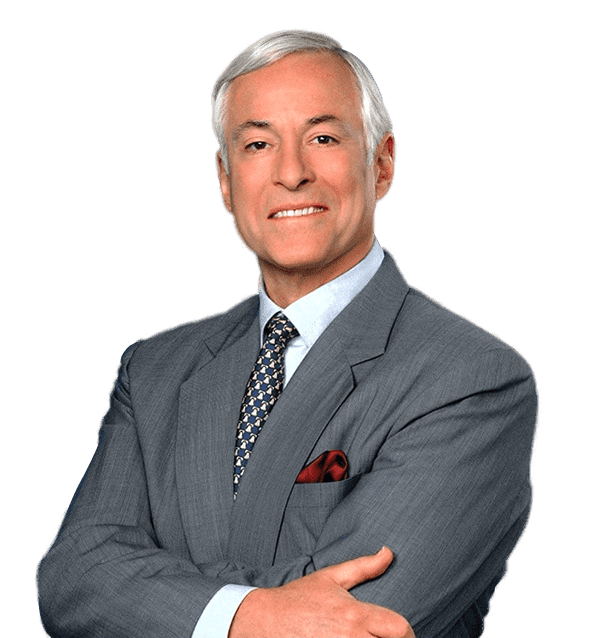How to detect if you are a victim of impostor syndrome?

What is impostor syndrome?
Impostor syndrome, a psychological phenomenon that affects people in various domains, is an internal struggle in which people doubt their achievements and feel like frauds despite obvious success. It affects people from all walks of life, including well-known historical figures, prominent show business personalities like SHAKIRA, and influential figures in politics. In this article, we'll delve into the depths of impostor syndrome, exploring its definition and uncovering the experiences of notable people who have faced or are still facing this psychological challenge.
Imposter Syndrome Definition
Impostor syndrome is a psychological pattern in which high achievers have a persistent fear of being exposed as inadequate, despite evidence of their competence and achievements. They often attribute their successes to luck or external factors, rather than acknowledging their own skills and hard work. This leads to a feeling of being an "impostor" in their field, constantly fearing that they will be exposed as fraudulent.
Notable Figures Battling Impostor Syndrome
1. Albert Einstein: Widely regarded as one of the greatest scientists in history, Albert Einstein experienced bouts of insecurity throughout his career. Despite his innovative theories about him, he often expressed uncertainty about his abilities.
2. Maya Angelou: Iconic poet and civil rights activist Maya Angelou revealed that she often struggled with the feeling that she didn't deserve her success and questioned her talents as a writer and speaker.
3. Meryl Streep: Known for her unparalleled acting chops and her countless accolades, Meryl Streep has admitted that she deals with feelings of inadequacy and self-doubt, especially before taking on challenging roles.
4. Mahatma Gandhi: The revered leader of the Indian independence movement, Mahatma Gandhi, wrote extensively about his struggles with self-doubt and fear of not living up to his followers' expectations.
5. Michelle Obama: Former United States First Lady Michelle Obama has spoken about her experiences with impostor syndrome, particularly during her time in the public spotlight.
6. Tom Hanks: Beloved actor Tom Hanks, despite his immense success and critical acclaim, has confessed that he struggles with feelings of insecurity and the nagging fear of not being good enough.
7. Sonia Sotomayor: As the first Latina Supreme Court justice, Sonia Sotomayor has spoken about her ongoing battle with impostor syndrome and the weight of responsibility she feels in her position.
Conclusion
Impostor syndrome is a universal challenge that transcends status and achievement. Even the most successful and celebrated people are not immune to its impact. By understanding the definition and recognizing its prevalence among notable figures, we can begin to address this psychological barrier. In the next few sections of this article, we'll delve into ten life-changing steps that can help anyone overcome impostor syndrome and achieve the success they truly deserve.
Now, equipped with a better understanding of the definition of Impostor Syndrome and its influence on some of the most influential individuals in history, let's move on to discover the practical strategies that can free us from self-doubt and propel us toward greatness.
Follow our trail of 3 articles on impostor syndrome to find out how to deal with it if you have it or how to eliminate it if it's mild.


.png)







Post a Comment
0 Comments